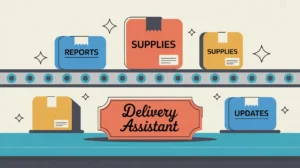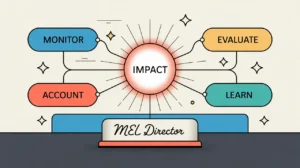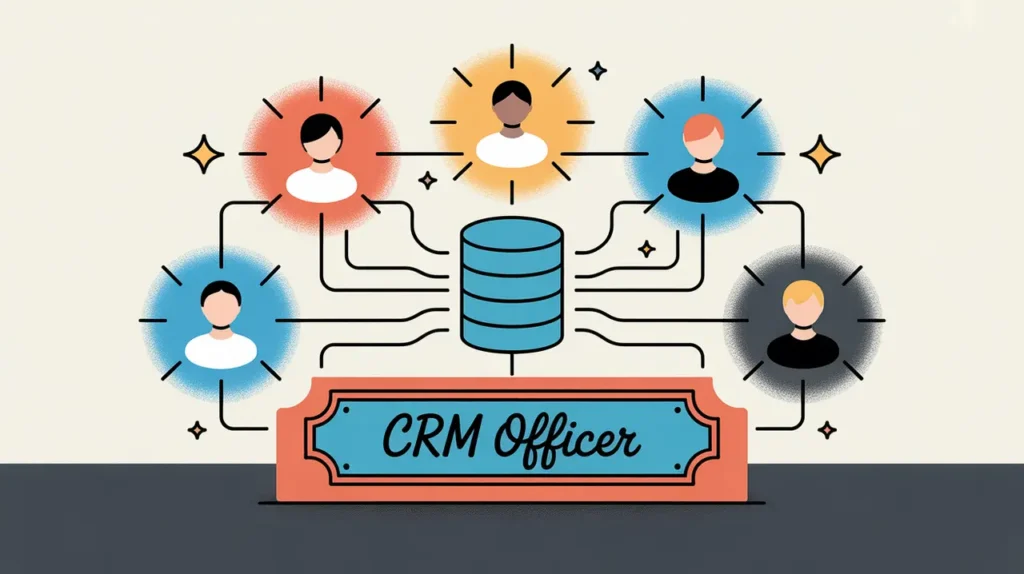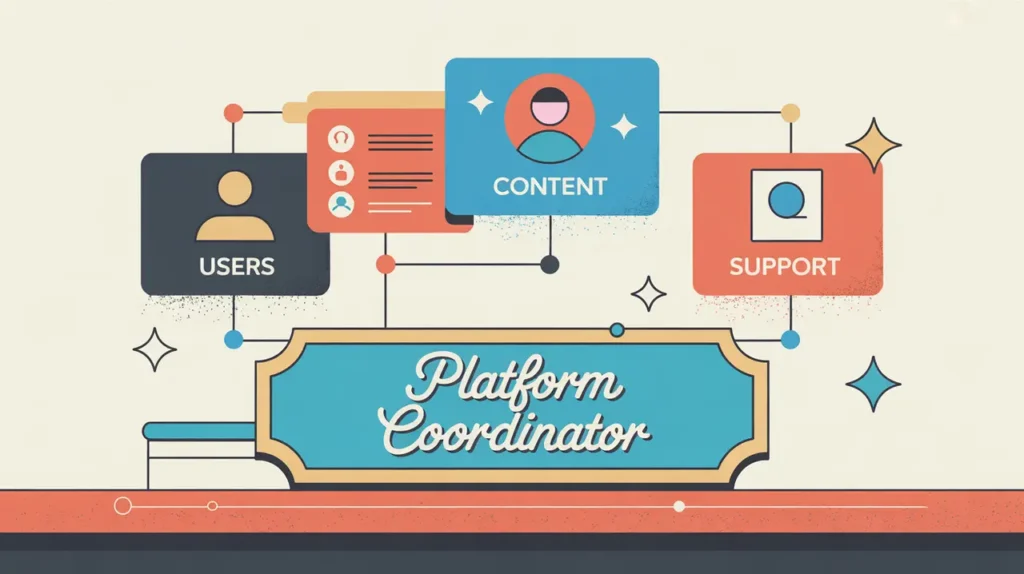What Does the Program Technology Officer Role Involve?
A Program Technology Officer is responsible for managing and optimizing the digital tools, platforms, and data systems that support program design, implementation, monitoring, and reporting. They ensure that technology solutions are strategically aligned with program objectives, user needs, and organizational standards. Their work often includes system configuration, platform integration, data governance, staff training, and technical troubleshooting.
In nonprofits and social enterprises, Program Technology Officers play a crucial role in enabling data-informed decision making and increasing operational efficiency. They serve as the bridge between program teams and technical teams, ensuring that technology enhances rather than hinders program delivery.
At What Level does this Role Operate?
Mid Level: Program Technology Officers typically operate with moderate autonomy, reporting to a Program Manager, Technology Lead, or Director of Programs. They often oversee the implementation and management of program technology systems across multiple teams or projects. Their responsibilities include both technical execution and strategic input, making them key players in digital transformation within program functions.
Relative Employability: Program Technology Officer roles are in growing demand as nonprofits and social enterprises expand their use of digital tools for program management, monitoring and evaluation, and beneficiary engagement. Their blend of program knowledge and technical expertise makes them highly employable across organizations undergoing digital integration.
Relative Pay Scale: Program Technology Officers usually occupy the mid pay band, often sitting above assistant roles and below technology managers or directors. Their compensation reflects their specialized expertise and the operational importance of their role.
What are the Key Responsibilities and Activities?
- Manage and configure digital platforms used for program delivery, data collection, and reporting
- Support system integration to ensure smooth data flow between program and organizational platforms
- Develop and implement data governance protocols to ensure accuracy, security, and compliance
- Train program teams and partners to use technology tools effectively, including onboarding and troubleshooting support
- Collaborate with IT teams, vendors, and consultants to maintain and improve systems
- Generate and analyze reports and dashboards to support program decision making
- Identify technology needs and recommend tools or upgrades aligned with program strategies
- Ensure that digital systems are user-friendly, reliable, and responsive to changing program requirements
What Core Competencies and Qualifications are Needed?
Required Qualifications and Experience
The following reflect common qualifications and experience expected for this role, while recognizing that pathways may vary by context, organization, and region.
- Relevant academic background in information systems, data management, computer science, or related fields
- Several years of experience managing program-related technology or data systems in nonprofit, development, or social enterprise contexts
- Familiarity with CRM platforms, M&E systems, or other program management tools
- Experience in training, user support, and system documentation
- Understanding of program workflows, data requirements, and reporting standards
Key Competencies
- Technical proficiency in platform configuration and integration
- Strong understanding of program operations and data needs
- Analytical skills for interpreting program data and informing decision making
- Clear communication skills for supporting non-technical users
- Project management abilities for implementing system changes and improvements
- Problem-solving skills and adaptability in fast-changing digital environments
How are AI and Automation Shaping this Role?
An AI-native Program Technology Officer can use AI to automate data validation, streamline reporting pipelines, and enhance user support through intelligent chatbots. Predictive analytics can inform program planning and identify trends in implementation data, while workflow automation can reduce manual administrative work. AI tools can also support real-time dashboards that provide program teams with actionable insights, strengthening evidence-based decision making.
What Career Pathways and Transferable Skills are Associated with this Role?
Program Technology Officers can progress to roles such as Technology Manager, Director of Digital Operations, Data Systems Lead, or Program Director with a digital focus. Their hybrid expertise in technology and program delivery is transferable to roles in digital transformation, data governance, IT management, or strategy. Over time, they may lead the design of integrated technology ecosystems that drive program innovation and organizational effectiveness.







